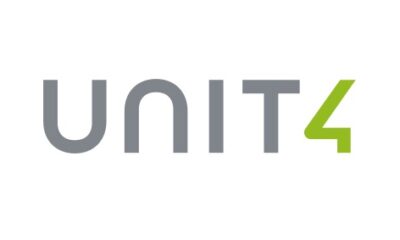## Mini basket to go here ##
The Changing Face of Executive Education
Uber has disrupted the taxi industry, Airbnb the hotel industry and Facebook has disrupted the media industry. These are significant shifts which are transforming business and society, with the respective organisations becoming ultra-successful by responding to the changing needs, preferences and values of consumers. So, what about the executive education industry, is that being disrupted?
Executive education is a massive industry, in the US alone companies spend $14 billion (€12.5 billion) annually on leadership development, the primary providers being business schools. But whether the providers of leadership development programmes are meeting the satisfaction and needs of their target audience remains to be an open question.
Seeds of disruption are starting to blossom, as organisations begin pushing the boundaries in their approach to executive education. Emerging World collaborate and partner with a number of organisations who are redefining the face of executive education, through changes in how leadership development is organised, to the spectrum of delivery methods while addressing business and personal specific needs. Two examples of companies making headway in this area are Mazars, with ‘The Next MBA’ and CEDEP. They both offer refreshing, stimulating and relevant content in executive education.
The Next MBA, created and spearheaded by the global audit firm Mazars, unbinds and deconstructs the traditional path in executive education from business school to corporate client and corporate learner. After several trials with business schools for its executive education, Mazars reached the conclusion that they were not providing the most current and inspiring content. The programmes lacked real-life learning experiences, and the learning agenda was not fully in Mazars’ hands. In response, the Next MBA was born in 2013.
The Next MBA, governed by a multidisciplinary advisory board, sees companies such as L’Oréal, Saint Gobain and Manpower Group nominate employees onto the programme. Content is driven by the business needs of advisory board companies who define the programme agenda, learning objectives and high level make-up of the faculty team. The two-year experience is spread across six 1 week chapters in business critical cities around world. Content is primarily driven by real world experiences – immersive learning, company visits or learning through peers. It is supported by faculty and facilitators which provide the contextualization, models and frameworks. The Next MBA model has shifted the power from business school as chief orchestrator, content creator and faculty provider to companies self-organising to determine their own appropriate learning path. As a sign of professional credibility in the model, Mazars/The Next MBA was awarded by the European Foundation Management Development (EFMD) the Corporate Learning Improvement Process (CLIP) accreditation in 2016.
Another alternative increasingly receiving attention is CEDEP. CEDEP, based on a partnership model through corporate memberships, define themselves as a collaborative learning community. Founded over 40 years ago to support the professional development of European based multinationals. The model, is quickly attracting members from around the world. Members such as Aviva (United Kingdom), Brambles (Australia), AXA (France) and Tata Steel (India) have entrusted CEDEP with their management development activities. According to Della Bradshaw of the Financial Times “It is one of the best kept secrets in executive education”.
As corporations seek to boost talent development and improve business performance, executive education has become a staple item on the leadership development menu. In a crowded and standardised space, Mazars and CEDEP are thinking and acting differently on how to bring executive education back to the rightful owners – the corporate client.
It’s interesting to consider what other disruptions there may be as we move into an area where content becomes more accessible to everyone and the traditional role of faculty changes.
- Why Leadership Development Programmes Fail, McKinsey Quarterly, January, 2014






